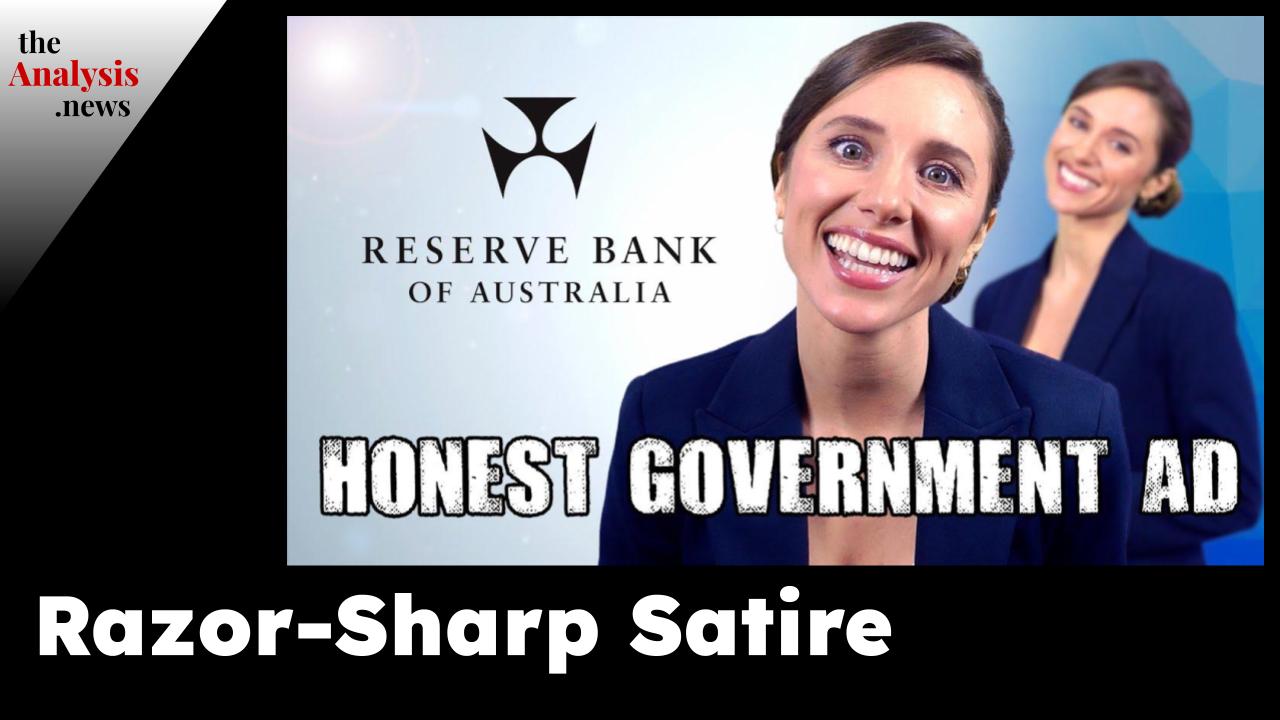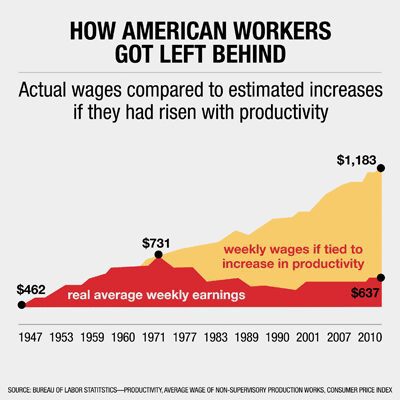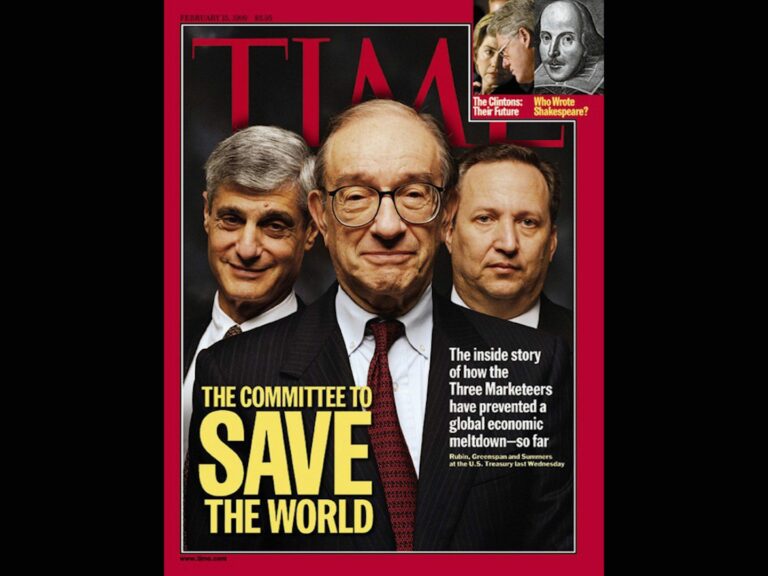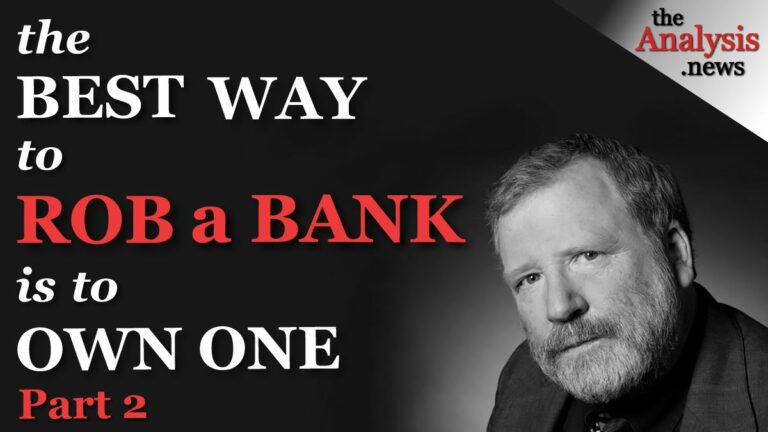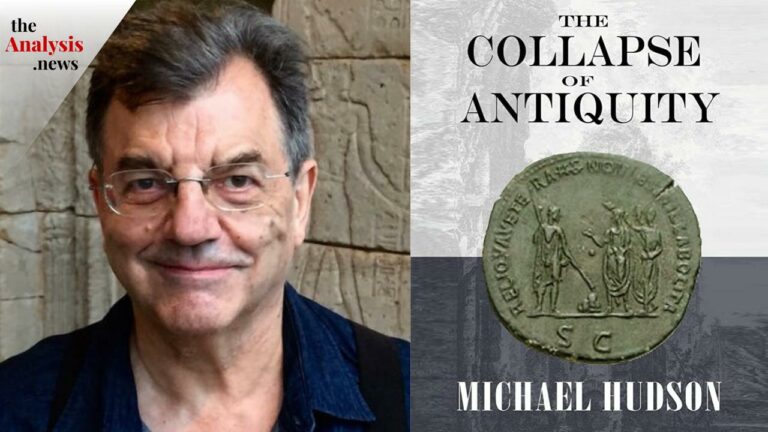Honest Government Ad | Reserve Bank of Australia
The Reserve Bank of Australia has made an ad, and it’s surprisingly honest and informative. This video was originally published by The Juice Media on May 6, 2023.
Podcast: Play in new window | Download
